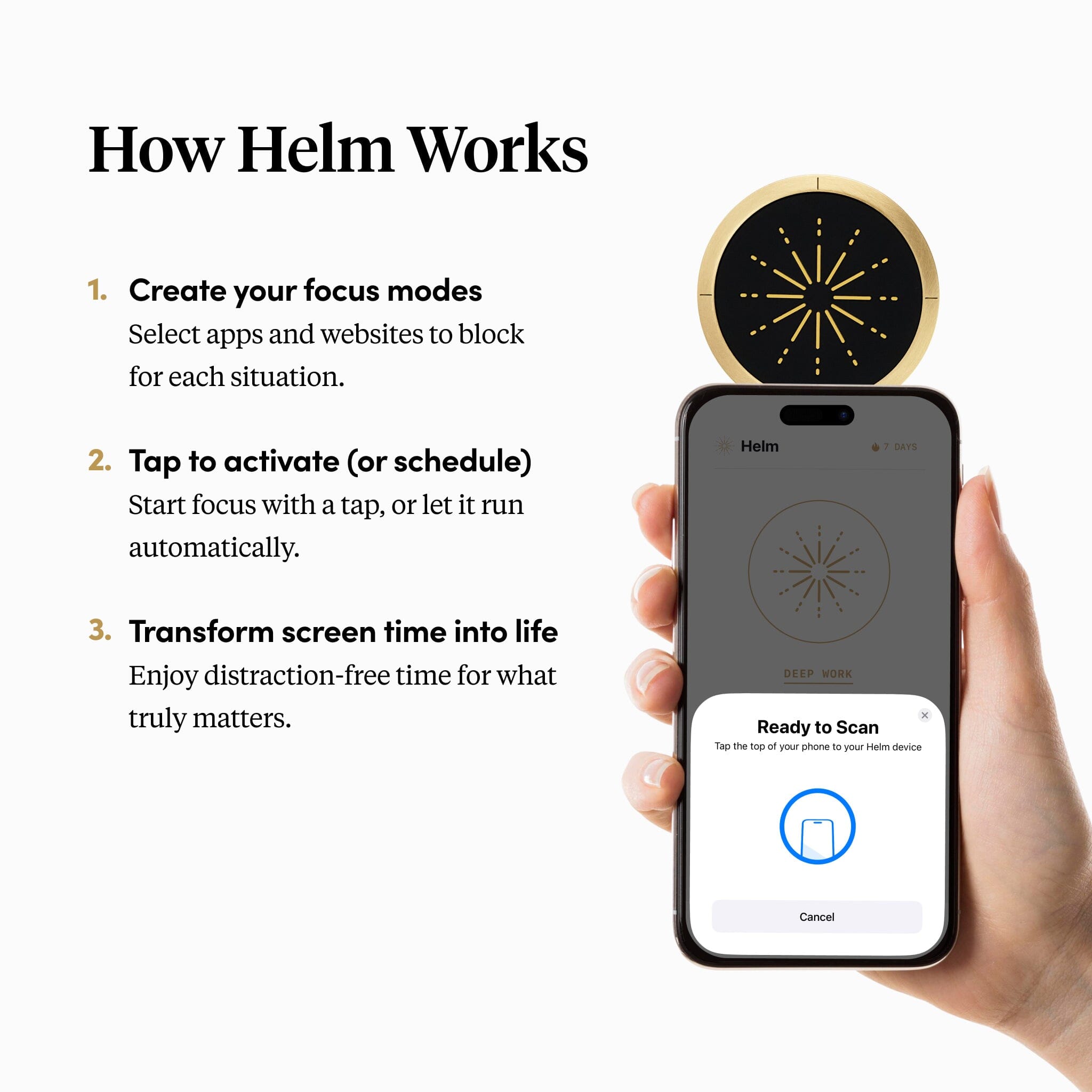The 1 in 60 Rule: Small Course Corrections, Big Results

The 1 in 60 Rule for Extraordinary Success
- Health: Skipping one workout leads to a month-long gap.
- Relationships: Postponing one "difficult conversation" grows emotional distance
- Career: Delaying strategic work for "urgent" tasks turns you from visionary to firefighter.
- A daily 10-minute workout beats an irregular 2-hour gym session.
- A brief, honest conversation prevents weeks of misunderstanding.
- 15 minutes of strategic thinking prevents hours of reactive firefighting.
Your Flight Plan for Success
1️⃣ Set Clear Flight Coordinates:
A pilot wouldn't take off without precise coordinates. Yet we set goals like "get in shape" or "be more strategic" without specific measurements. Better destinations include:
- "Weighing 170 pounds by June 30th."
- "Three hours of documented strategic planning every Wednesday morning."
- "One distraction-free conversation with my partner daily."
I redefined my goal: "Three hours of uninterrupted strategic thinking every Wednesday morning, with documented insights and action items."
2️⃣ Establish a Flight Plan:
Pilots don't just have a destination—they have a detailed plan to get there. Similarly, high achievers create systems, not just goals:
- What actions must happen and when?
- What resources do you need?
- How will you protect these actions from interruption?
My flight plan now includes: Wednesday mornings blocked as "STRATEGIC THINKING—NO EXCEPTIONS" on my calendar, my team briefed about this non-negotiable time, and a dedicated notebook for these sessions.
3️⃣ Schedule Navigation Checks:
Without constant position checks, even the best flight plan becomes meaningless:
- Daily micro-checks (30 seconds): "Did I follow my plan today?"
- Weekly reviews (15 minutes): "Am I on course? What adjustments are needed?"
- Monthly recalibrations (30 minutes): "Is my destination still correct? Does my flight plan need redesigning?"
I now track both the consistency (did I do the strategic thinking?) and the outcomes (what insights or decisions emerged?).
4️⃣ Anticipate Weather Patterns:
Pilots don't just react to conditions—they anticipate them. Before starting any journey:
- What predictable obstacles might appear?
- What situations derail your habits?
- Who might unintentionally sabotage your progress?
For each potential disruption, create a specific plan to navigate through it—before encountering it.
5️⃣ Make Micro-Corrections:
When you drift:
- Avoid the temptation to completely overhaul your system.
- Make a 1-degree adjustment and observe the results.
- Consistency trumps intensity.


 Take 60 seconds to check your calendar for next week. Identify one commitment that, if missed, would derail an important goal. Change its title to include "NO EXCEPTIONS" or another phrase that reinforces its non-negotiable status.This labeling change creates a psychological barrier against small compromises that lead to major deviations.
Take 60 seconds to check your calendar for next week. Identify one commitment that, if missed, would derail an important goal. Change its title to include "NO EXCEPTIONS" or another phrase that reinforces its non-negotiable status.This labeling change creates a psychological barrier against small compromises that lead to major deviations.

🎧 Podcast Episode: Small Changes, Big Results
Naval Ravikant on The Knowledge Project (Episode 18, start at 32:00) Naval breaks down why consistent 1% improvements beat sporadic massive efforts. His explanation of "arithmetic vs. geometric gains" helped me understand why my previous attempts at dramatic overhauls always failed.
Best quote: "The definition of self-discipline is doing what you know you should do, even when you don't feel like doing it. Start microscopically small."
📺Quick Watch: ”The Power of Small Wins”





































